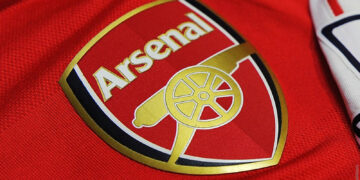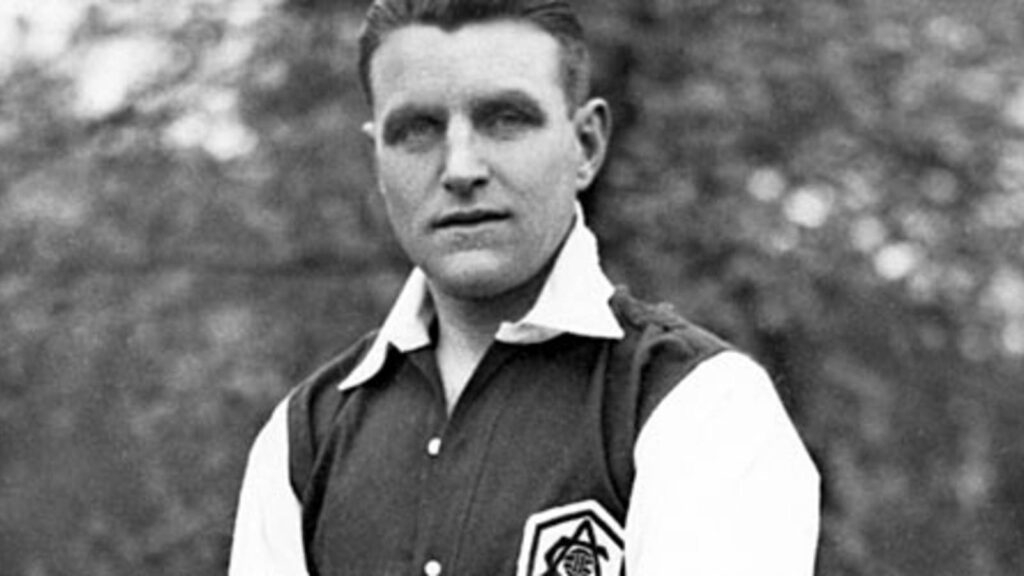While most football glory rests primarily with strikers or midfielders, every club’s history includes legendary defenders whose names are almost sacred to fans. Of course, there are such players in Arsenal’s 130-plus year history.
Leave aside the nineteenth and twenty-first centuries for now. Still, that leaves us with a long 100 years to focus on, and we have attempted to find the top ten defenders who have worn the London club’s jersey with the cannon in their emblem during that period.
If the footballer in question continued to play after 2000, it was essential to us that the more significant part of his career fell within the last century. You will find these memorable players in the following chapters.
Eddie Hapgood, a milkman by civilian occupation, began his football career in 1920 with an amateur team. He signed a professional contract with Arsenal seven years later for £950. Being a vegetarian, he became so thin and frail that the coach at the time, tom Whittaker, forced him to eat heaps of meat and instructed him in strength training.
He didn’t get many starts at first, but from 1929 he was a regular in the starting lineup. The contemporary press described him as an intelligent and discreet defender; thanks to these qualities, he made the England national team, where he played 30 matches. In most of these, he was captain, including a memorable match against Italy in November 1934, which was played at Highbury Stadium.
Italy arrived in London as fresh world champions. England did not take part in the championship at the time, so the clash was considered a “real World Cup match.” Spectators saw a fight full of vicious fouls in which many players suffered injuries, including Hagood, whose nose was broken. In the end, it was England who defeated the Italians, who played the rest of the match with ten men, 3-2.
When England played a match against Germany in Berlin before the war, Hapgood and the whole team, pressured by British diplomats, had to greet the stands with the Nazi salute before the game. The Island team then blasted the Germans 6-3.
After the war broke out, Hapgood served in the Royal Air Force while continuing to play for Arsenal. Eventually, he played 440 games for the club, in which he scored two goals. In 1945, he wrote his autobiography, one of the first footballers to do so. He passed away a poor man in 1973, aged 64.


















































Discussion about this post